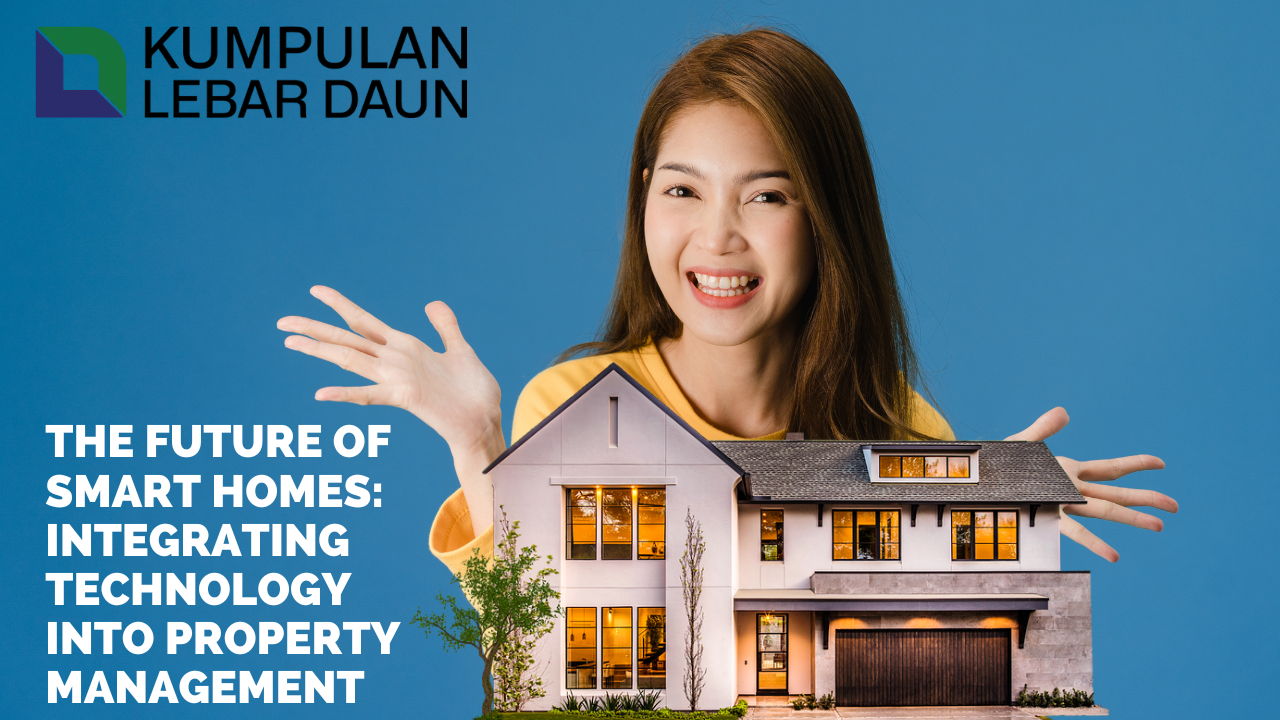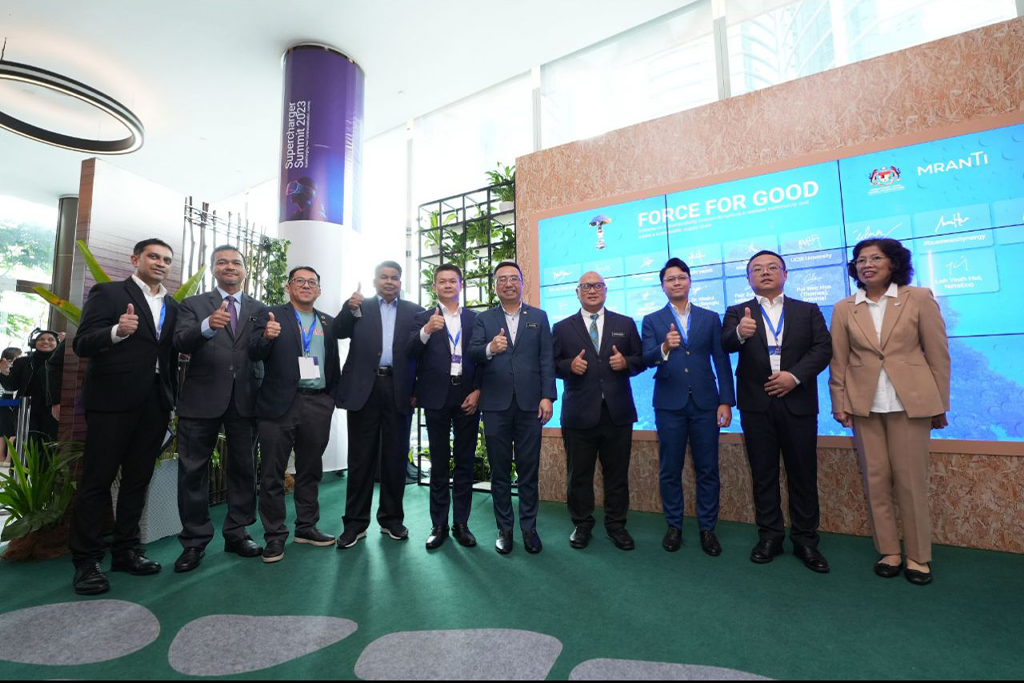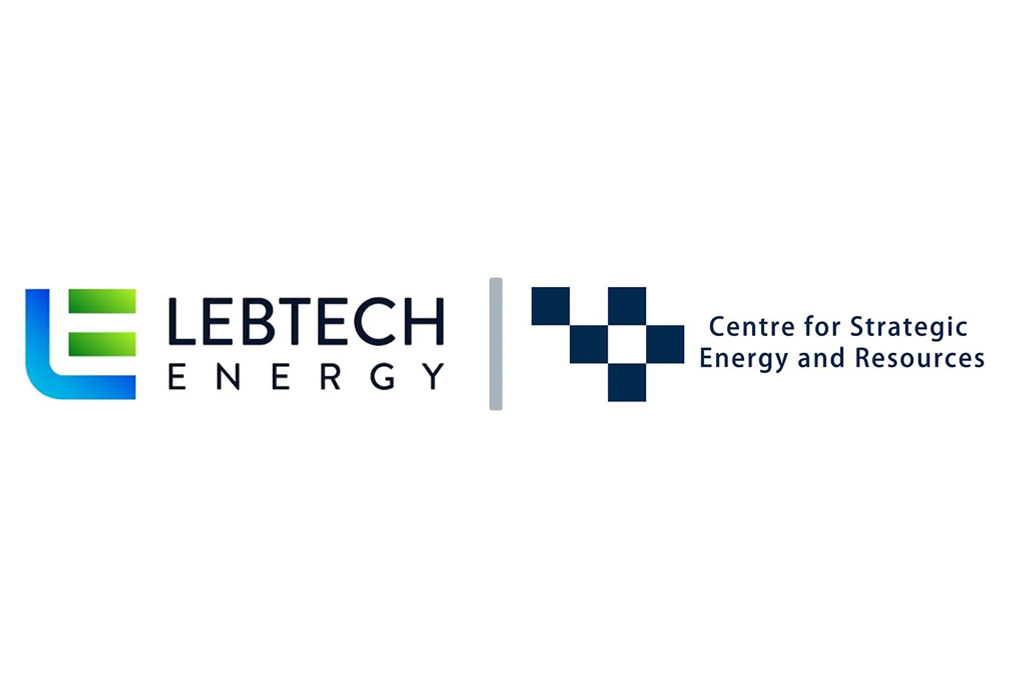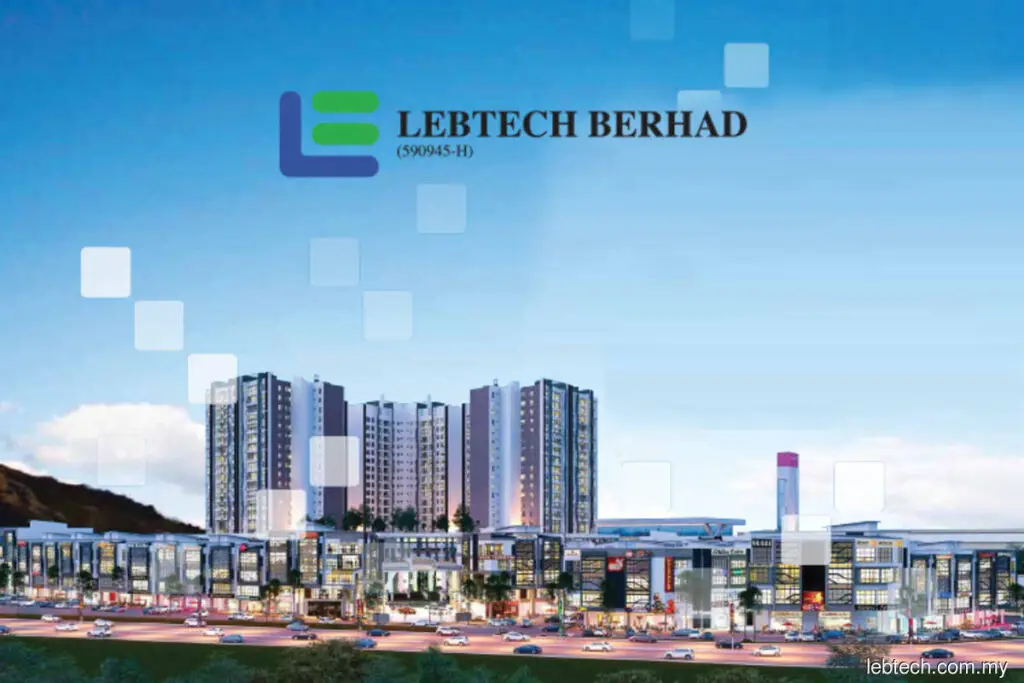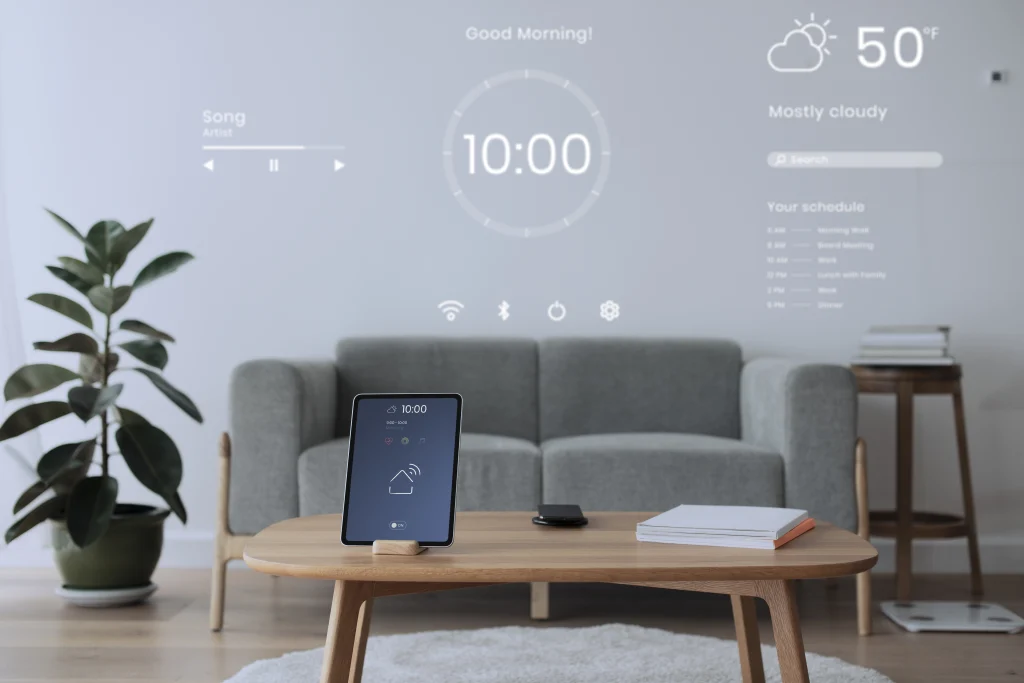
In the ever-evolving landscape of real estate, innovation is the name of the game. From intelligent thermostats that adjust according to your schedule to security systems that can be controlled remotely, smart home technology has revolutionized the way we interact with our living spaces. But what does the future hold for smart homes, particularly in the realm of property management? Let’s delve into the exciting possibilities and how integrating technology into property management can redefine the way we live.
The Evolution of Smart Homes
Smart homes have come a long way from being a novelty to becoming an integral part of modern living. What started with basic automation has now blossomed into a sophisticated ecosystem of interconnected devices, powered by artificial intelligence and machine learning. Today, homeowners can control almost every aspect of their homes with a tap on their smartphone or a voice command to their virtual assistant.
The Role of Property Management in Smart Homes
In the context of property management, smart home technology offers a multitude of benefits for both landlords and tenants. For landlords, integrating smart devices into their properties can enhance efficiency, improve security, and increase the overall value of their investments. On the other hand, tenants enjoy the convenience and comfort that come with living in a smart home, with features like automated lighting, climate control, and keyless entry.
Streamlining Operations with IoT
One of the most significant advancements in smart home technology is the Internet of Things (IoT), which refers to the network of interconnected devices that communicate and share data with each other. In the realm of property management, IoT-powered devices can automate routine tasks such as maintenance checks, energy management, and inventory tracking. Landlords can remotely monitor the condition of their properties and address any issues proactively, thus reducing operational costs and minimizing downtime.
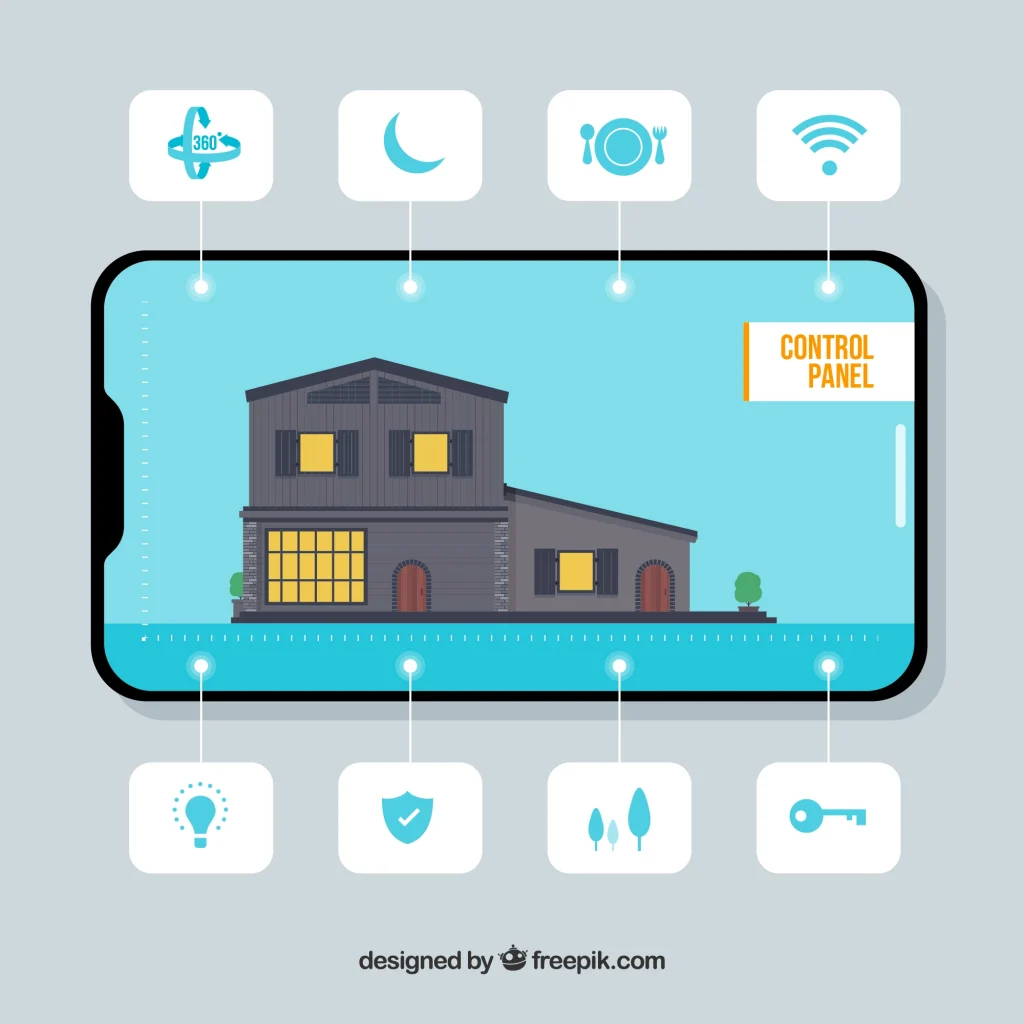
Enhancing Security and Safety
Security is a top priority for both property owners and tenants, and smart home technology offers robust solutions in this area. From smart locks and video doorbells to motion sensors and surveillance cameras, modern security systems provide comprehensive coverage and real-time monitoring capabilities. Property managers can leverage these technologies to ensure the safety of their tenants and protect their assets against potential threats.
Personalizing the Tenant Experience for Smart Homes
In today’s competitive rental market, offering personalized experiences can set property managers apart from the competition. Smart home technology allows landlords to tailor their offerings to meet the unique needs and preferences of their tenants. Whether it’s adjusting the temperature to suit individual preferences or creating custom lighting scenes for different occasions, smart homes empower tenants to personalize their living spaces according to their lifestyle.
Sustainability and Energy Efficiency
With growing concerns about climate change and environmental sustainability, energy efficiency has become a key consideration for property owners and tenants alike. Smart home technology enables precise control over energy consumption, allowing users to optimize their usage patterns and reduce wastage. From smart thermostats that learn your schedule to energy-efficient appliances that automatically adjust their settings, these innovations contribute to a greener, more sustainable future.
Overcoming Challenges and Barriers
While the potential of smart home technology in property management is immense, there are challenges that need to be addressed to fully realize its benefits. These include concerns about data privacy and security, interoperability issues between different devices and platforms, and the need for standardized protocols and regulations. However, with ongoing advancements in technology and collaboration between stakeholders, these challenges can be overcome.
Conclusion: Embracing the Future
As we look ahead, the future of smart homes in property management is undeniably bright. By integrating technology into every aspect of the rental experience, property managers can streamline operations, enhance security, and provide personalized experiences for their tenants. From IoT-powered automation to sustainable energy solutions, the possibilities are endless. By embracing these innovations, property managers can stay ahead of the curve and unlock new opportunities in the ever-evolving real estate landscape.
In conclusion, the future of smart homes in property management is not just about technology; it’s about creating smarter, more connected communities where people can live, work, and thrive. With the right strategies and partnerships in place, property managers can harness the power of smart home technology to create spaces that are not only efficient and secure but also truly transformative. So let’s embrace the future and unlock the full potential of smart homes in property management.

